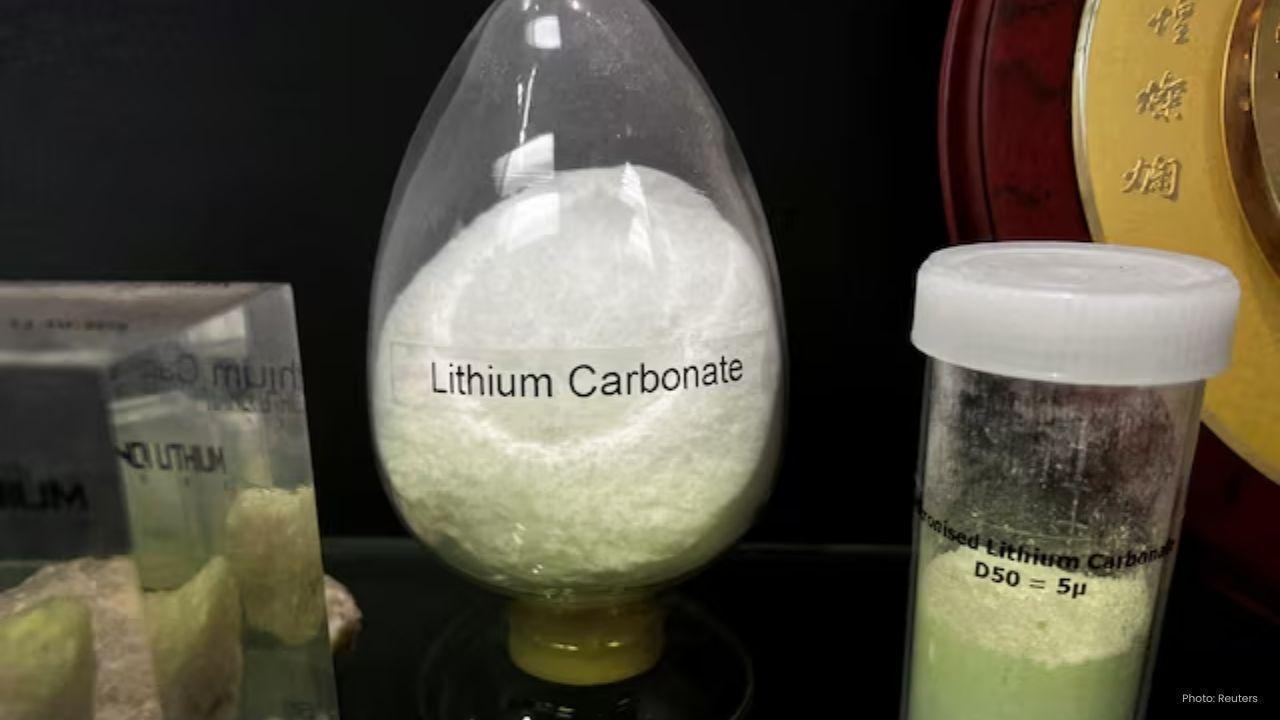Post by : Vansh
In today’s rapidly evolving industrial landscape, the line between man and machine is becoming increasingly blurred. Welcome to the factories of the future, where the cold precision of steel, the endurance of sweat, and the intelligence of silicon come together to power a new era in manufacturing. This revolution is more than just automation—it’s a redefinition of productivity, sustainability, and innovation on a global scale.
The term smart manufacturing refers to the integration of advanced technologies such as Artificial Intelligence (AI), the Internet of Things (IoT), robotics, and data analytics into traditional production systems. This is where silicon enters the stage. Silicon-based technologies—semiconductors, microchips, sensors—form the brain of these next-generation factories.
Gone are the days of purely mechanical assembly lines. In their place stand intelligent systems capable of adapting in real time, learning from operational data, and optimizing performance on the fly. From predictive maintenance to AI-driven quality control, smart manufacturing has made the factory floor more agile and efficient than ever before.
While tech grabs the headlines, steel remains the physical backbone of manufacturing. Whether it's the robotic arms assembling vehicles or the sturdy frameworks supporting 3D printers, steel's role is irreplaceable. As a material, it symbolizes durability and strength—traits that the manufacturing industry still values deeply, even in the age of automation.
In fact, innovations in metallurgy are creating new steel alloys that are lighter, stronger, and more resistant to environmental stress. These are vital in industries like aerospace, automotive, and construction where material performance can make or break the final product.
Despite fears of robots replacing humans, the factories of the future still rely heavily on human involvement—particularly in tasks requiring emotional intelligence, creativity, and complex decision-making. The phrase “sweat” in this context stands for the irreplaceable value of human labor and ingenuity.
Instead of eliminating jobs, smart factories are redefining them. Workers are now trained to operate alongside machines, analyze data from interconnected devices, and supervise AI systems. In this hybrid workspace, the blend of human intuition and machine efficiency creates unmatched productivity.
To support this transition, many companies are investing in worker reskilling programs. These initiatives ensure that factory employees are equipped to thrive in an environment dominated by silicon and automated systems.
A key feature of future factories is their commitment to sustainability. From using renewable energy sources to recycling waste materials, modern manufacturers are embracing eco-conscious practices. Smart sensors help monitor energy consumption, reduce emissions, and optimize resource usage, aligning industrial operations with global climate goals.
Technologies like additive manufacturing (3D printing) are also contributing to this shift. They reduce waste by building objects layer by layer, unlike traditional subtractive methods that often discard excess materials. These greener methods are not just good for the planet—they're increasingly becoming economic necessities in a world of rising resource costs and tightening environmental regulations.
The information presented in this article is for general informational purposes only and does not constitute professional advice. While efforts have been made to ensure accuracy, readers should independently verify any details before making decisions based on the content. MiddleEastBulletin is not responsible for any actions taken based on this material.










Pageau's Overtime Goal Propels Islanders to 4-3 Victory Over Golden Knights
In a thrilling overtime finish, Jean-Gabriel Pageau leads the Islanders past the Golden Knights 4-3,

MLB Awards: deGrom and Acuna Jr. Shine as Comeback Players
Jacob deGrom and Ronald Acuna Jr. celebrated MLB Comeback Player Awards, alongside Ohtani and Judge

Portugal Confronts Ireland in Pivotal World Cup Qualifier
Portugal, led by Cristiano Ronaldo, faces Ireland in a vital Group F World Cup qualifier that could

Haaland's Brilliance Leads Norway to 4-1 Victory Against Estonia
Erling Haaland showcases leadership as Norway crushes Estonia 4-1, boosting their World Cup ambition

Hawks Triumph Over Jazz; Suns and Raptors Secure Victories
Hawks' Onyeka Okongwu and Jalen Johnson lead in a thrilling win against Jazz; Suns and Raptors also

Indian Men's Recurve Team Clinches First Asian Gold in Nearly Two Decades
The Indian men's recurve team triumphed over South Korea, securing their first Asian gold in 18 year